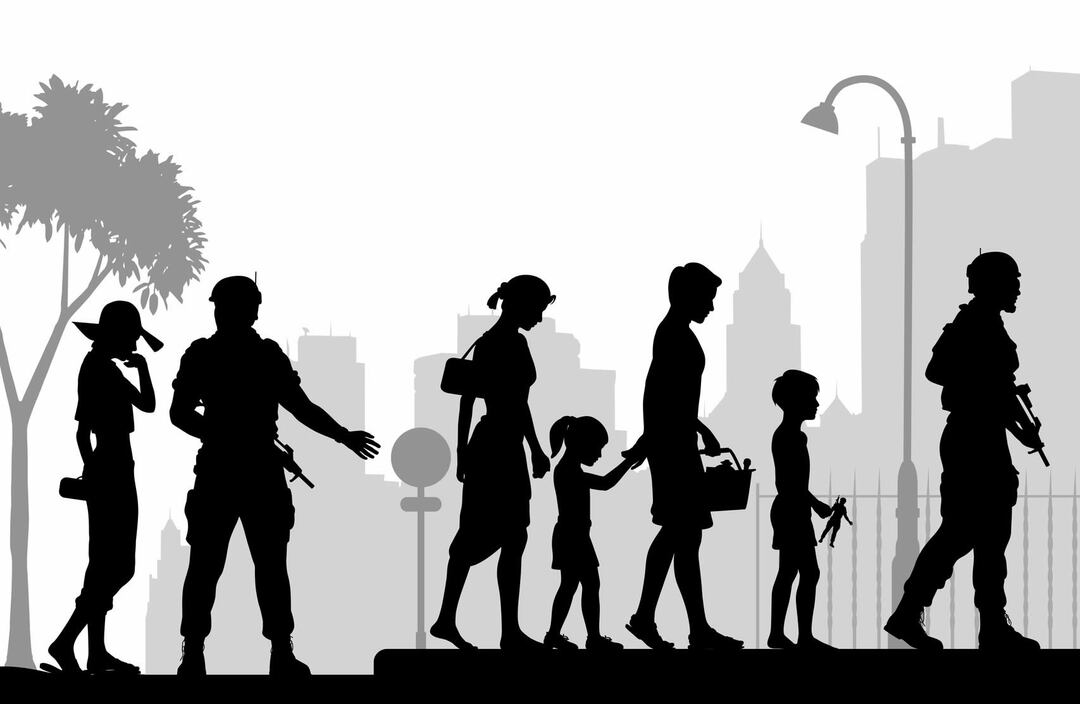Importance of the Primary Sector
Miscellanea / / August 08, 2023
Such is the relevance of the primary sector in the economy in general, that the diet of the world population depends on it. Not surprisingly, it is especially important because it is a segment that produces basic food, both for people and livestock. In any case, it comes not from one productive branch, but from several that are duly differentiated in their structure. What are these? Fundamentally, three: agriculture, livestock and fishing.
But their activity is not limited only to feeding. It also includes other productive activities, such as the extraction of minerals or other natural resources of great importance for the regional and global economy.
However, the activities to which the primary sector is dedicated are even broader. It can reach lesser-known segments such as animal husbandry or forest cultivation (or logging), among some of the most striking. In either case, it is a productive activity that requires a series of factors in its configuration. One of them is the soil (climate, relief. Etc.), followed by humans (demographic and social). As a consequence of their combination, they will give the size of the farms (small, medium and large property).
Effects on the growth of the economy
When assessing the incidence of this sector in the productive system of a country or economic zone, those places where this activity is present must be valued as highly relevant. To the point that it can be the trigger for an economy to grow or not, or to increase its Gross Domestic Product (GDP). Especially the large exporters of food and raw materials. In this sense, there are not a few nations in which the components of this sector represent between 10% and 20% of their GDP.
What are your characteristics more defined? The primary sector, like any productive segment, provides a series of qualities that differentiate it from others; one of the most pronounced lies in the fact that it satisfies the needs of the population. From this point of view, it is key to supplying a country. Because if it were not yes, there would be no choice but to import their products and it would generate greater budgetary spending that would influence public accounts.
In the same way that it constitutes the first link in the productive chain of the national economy. The role played specifically by agriculture and raw materials in the economy is not the same. European Union (1.3% of GDP) than in Russia (4%). This divergence of slightly less than three percentage points is due to the great weight that natural resources have in the Slavic country. Apart, of course, from its greater geographical extension. Due, among other reasons, to his notable reservations about them. Especially when it comes to oil and natural gas.
Conditions to develop
On the other hand, any of the members of the primary sector are characterized because their exploitation It can be to satisfy their own needs or, on the contrary, as a strategy to promote the export. In the latter case, it would become a very important source of income for public accounts. At the same time, it has a third use: when it is used as a support to transform them into elaborated products. This is the specific case of the productive segments that are used to generate energy and that would start from the manipulation of oil or gas to achieve this objective.
Nor can it be forgotten that the primary ones are formed in the first part of the process of the productive chain of the national or international economy. Although with a substantial change in recent years and that is that its activity has been gradually reduced in the most economically advanced nations on the planet (European Union or Japan). In contrast to the emerging ones (Russia, China or Argentina) that have become exporters to the world of these products or raw materials.
Another of the aspects to assess is that these products depend to a certain extent on the conditions of the terrain and in some cases on incidents in the weather. That is, the hydrocarbons they are more sensitive for them to emerge in places with clear geological conditions that allow their expulsion abroad through different extraction systems. Conditions in the Netherlands are not the same as in Iran, for example.
A shortage of food or raw materials, on the other hand, can have significant effects on the economy. In what sense? Well, that supply cannot be guaranteed through the supply chain. distribution. Its scarcity also entails a progressive escalation in its prices. To the point that it has a notable impact on the escalation of inflation. But something more important is that it affects other more advanced sectors, such as construction, the automotive industry and the industrial segment in general. With very complex effects for the countries that suffer from this very special situation.
write a comment
Contribute with your comment to add value, correct or debate the topic.Privacy: a) your data will not be shared with anyone; b) your email will not be published; c) to avoid misuse, all messages are moderated.



